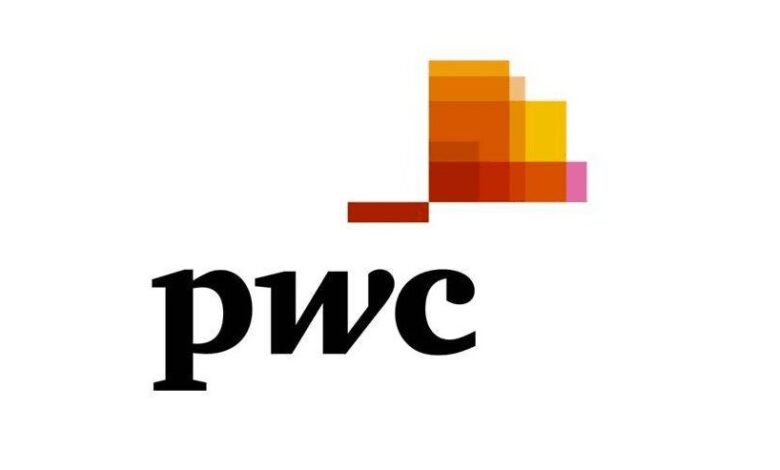PwC Middle East has launched a new report titled market _ assets default in UAE Arabic United “ Which provides an in-depth look at cryptocurrencies and virtual assets in the UAE. The report also identifies a three-phase facilitation model for the country’s regulators to ensure commitment to transparency and compliance to boost the sector’s long-term growth.
The UAE’s share in the global cryptocurrency market is currently around $25 billion, and it increased by 500% between July 2020 and June 2021. Regionally, the UAE ranks third in terms of volume after Turkey, which has a turnover of $132 billion, and close to Lebanon, which scored 26 billion dollars.
The UAE offers an encouraging environment for the growth of the cryptocurrency industry, after it enacted a law establishing a virtual asset regulator in Dubai. At a time when the industry was largely unregulated a few years ago, recent legislation has demonstrated the government’s commitment and actions to reduce the risks of potential financial crime in this emerging industry.
Clear rules
Having clear laws is the most important cornerstone of the cryptocurrency and virtual asset industry, and it must be backed by law enforcement policies. The UAE requires a comprehensive and integrated framework that covers all aspects of combating money laundering and combating the financing of terrorism and financial crimes.
Specialized regulations in areas such as decentralized finance and non-fungible tokens are also necessary given the UAE’s luxury real estate and arts market. This will not only help eliminate money laundering and terrorist financing risks, but will also help in expanding the market.
Institutional investors, which seek to enhance clarity and protection through regulation, invest in regulated markets. In addition, clarity of regulation makes it easier for small businesses to seek financing and establish banking relationships, which increases the confidence of individual investors when there is government backing.
Industry self-regulation
In addition to clear legislation, adopting a self-regulatory approach can be very beneficial, particularly in the field of high-end technologies and rapidly advancing industries such as cryptocurrencies, where industry players have much more experience than outside regulators.
By collaborating with industry experts, fintech firms, cryptocurrency firms, academics, consumer protection agencies, and subject matter experts, regulators can reduce surveillance and law enforcement costs and encourage greater cooperation and compliance with mutually agreed standards. Added benefits may include advanced training programs and sharing of ideas and research. The concept of industry self-regulation is proposed as a counterpart to, rather than a substitute for, legislation, and its success requires the participation and support of regulators.
International coordination and cooperation
Building on the recommendations of the International Monetary Fund and calling for greater international coordination, the ” Sunrise Issue .” “The cross-border nature of cryptocurrencies can not only cause friction and disruption, but also make compliance difficult for companies, especially in the case of extraterritorial treaties. To avoid this, levels of coordination, communication and international cooperation with jurisdictions must be strengthened. other countries to succeed in this final phase of our proposed model.
Commenting on the new report, Mahmoud Al Salah, Financial Crime Compliance Partner at PwC Middle East, said: “The UAE is one of the fastest growing cryptocurrency markets in the world. Government support and increased consumer demand for virtual assets has led to the growth of this industry.”
“The state is constantly seeking to determine how to maintain the optimal balance between advocating innovation, technology and wealth generation on one hand, and owning the future of cryptocurrencies and blockchain technologies in exchange for strong regulations to control potential risks related to financial crimes that may bring such new technological frontiers through Unintentionally. On the other hand, we believe that our proposed three-stage facilitation model will greatly help regulators in the UAE in setting clear and comprehensive regulations, cooperating with industry experts and international cooperation to enhance transparency, compliance and innovation within the industry”, he added.
The post PwC Middle East Launches a Facilitation Model to Regulate Cryptocurrency in the UAE appeared first on UNLOCK Blockchain.

